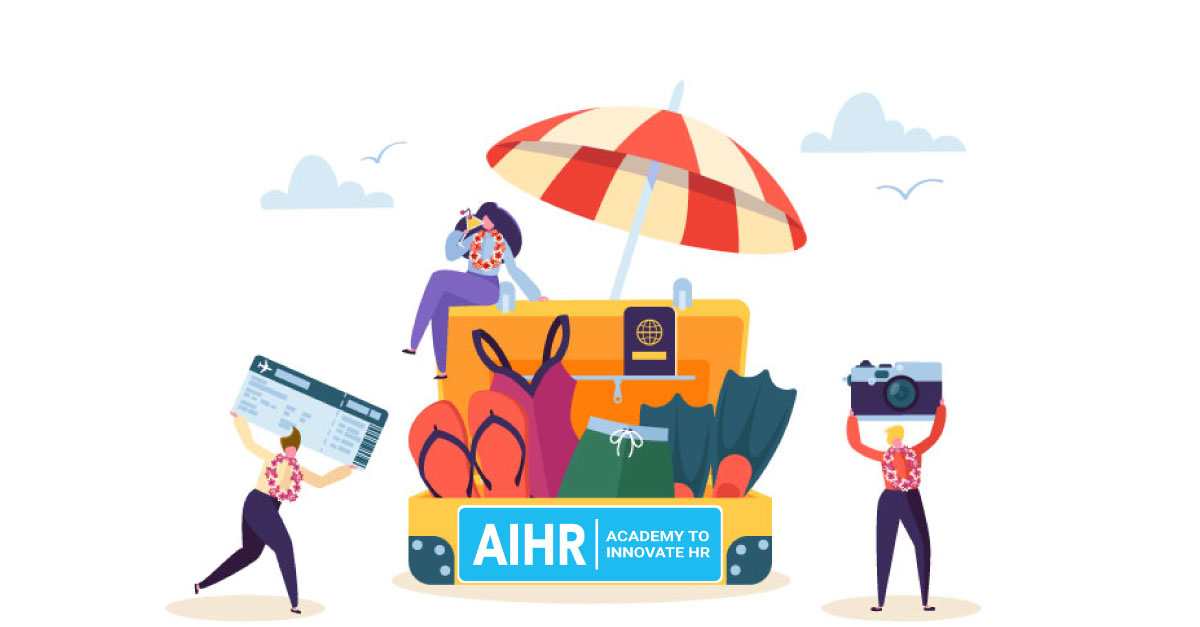

Everyone works for a paycheck. That’s direct compensation. But, there’s another side of compensation that’s important for employees too – their indirect compensation. In this article, we’ll take a good look at the latter; why it’s important, what’s the difference between direct and indirect compensation, and what are examples of indirect compensation? Here goes.
That smartphone you’re using to read this article – who pays for it? If your company does, it’s part of your indirect compensation. Indirect compensation is any benefit to the employee that doesn’t come in the form of cash. You may not even realize the non-cash compensation that you have.
Indirect compensation provides the benefits side of “compensation and benefits” that employees receive. Sometimes, people use the word “perk” or “employee benefits” to describe this type of compensation.

When you extend a job offer, it usually states the future employee’s salary – sometimes in an hourly rate, sometimes in a rate per pay period, and sometimes in an annualized salary. If a candidate asks your organization’s HR representative or compensation and benefits manager what their pension contributions will look like or if the company will match their 401(k) plan, these people can give them facts, figures, and actual dollar amounts.
For employees and candidates, their non-financial compensation isn’t always so clear. There’s rarely a list, and frequently employees at different levels of the company have various indirect benefits. If someone travels often, they may get to keep those frequent flyer miles that allow them to upgrade your trips – or get free personal trips. Their health insurance benefits, company car, or even free lunches can all fall under indirect compensation too.
When people compare job offers, they often look at the direct compensation figures and forget about the indirect compensation that comes with the job. It’s easy to say, “This job pays $X with a 10 percent bonus, and that job pays $X+10,000 with a 5 percent bonus.” And you can figure out which job will fill your bank account better.
But, it’s harder to quantify the little things when they can make a huge difference. In the United States, where companies typically pay a large portion of your health insurance, this non-cash compensation can make a massive difference to your budget, especially if you or a family member becomes ill.

Would you take a job with no indirect compensation? You probably couldn’t, even if you tried. Many countries have laws that dictate some indirect types of employee benefits – such as health insurance or vacation time.
Other, non-mandatory indirect compensation can sway job candidates and can make the difference between a welcoming, warm environment and one that feels like the boss is Scrooge himself.
For instance, if your company provides you with a smartphone and a laptop, are you forbidden from using those tools to do anything other than work, or do you receive the indirect benefit of using them to check your personal email, shop online, and text your spouse?
Some people don’t want the company to have any of their personal information so that this indirect benefit wouldn’t attract them. In contrast, for others, the idea of carrying two phones is worse than the risk of the company getting insights into your favorite take-out restaurants.
Survey data bears out the importance of indirect benefits. A Harris Poll survey in 2018 found that 48 percent of US job seekers would be more likely to apply for a job that had good benefits, such as gym memberships and paid time off. Forty-four percent wanted transparency on pay and benefits.
What you offer your employees makes a difference in how attractive your company is. Silicon Valley realized this years ago and offered all kinds of crazy perks, including catered lunches, laundry services, concerts, massages, chiropractors, and vouchers for Airbnb stays (for Airbnb employees, of course).
Some of these may seem over the top and silly, but if you were choosing between two jobs with similar direct compensation, but one company offered free laundry services and daily lunch while the other didn’t have these perks, you would be swayed to the company with the best indirect competition.
Fractl surveyed employees and found out what perks they most valued. As they surveyed Americans, it’s not surprising to find Health Care benefits at the top, but employee benefits such as increased vacation, tuition reimbursement, and daycare also made it onto the list.
Check out our Learning Bite to learn everything you need to know about Indirect Compensation!
If your company fails to offer competitive indirect compensation, you may find yourself complaining about a talent shortage, as people will prefer your competitors.
You could come up with a never-ending list of indirect compensation examples. Your business could offer things that other companies do not – the sky’s the limit. The key is finding out what your employees value and keeping in line with your competitors. (Remember, your competitors for hiring are other companies that hire similar people – not just companies that make similar products.)
Indirect compensation can make a big difference for your employees and your business. Don’t forget about it.

Indirect compensation is any benefit to the employee that doesn’t come in the form of cash. It’s the benefits side of “compensation and benefits”.
What’s the difference between direct and indirect compensation?Direct compensation covers employee pay, indirect compensation covers all other types of employee benefits.
What are indirect compensation examples?Examples of indirect compensation include, among other things, health care benefits, vacation/paid time off, meals, retirement funds, company cars, childcare and private school tuition, and stock options.